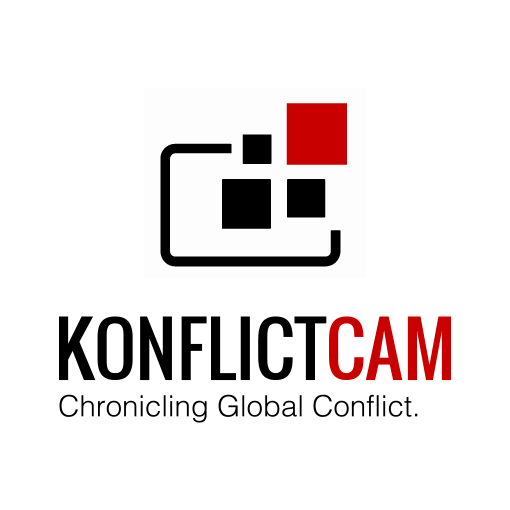Central African Republic Conflict (2012-)
A civil war in the Central African Republic, between the Séléka rebel coalition and government forces, began on 10 December 2012. The conflict arose after rebels accused the government of President François Bozizé of failing to abide by peace agreements signed in 2007 and 2011. Many of the rebel groups were previously involved in the Central African Republic Bush War. Rebel forces known as Séléka (meaning "union" in the Sango language) captured many major towns in the central and eastern regions of the country in the end of 2012.
The security situation remained poor during June–August 2013 with reports of over 200,000 internally displaced persons (IDPs) as well as human rights abuses including the use of child soldiers, rape, torture, extrajudicial killings and forced disappearances as well as renewed fighting between Séléka and Bozizé supporters in August with French President François Hollande calling on the UN Security Council and AU to increase their efforts to stabilize the country. By August the Séléka-run government under Djotodia was said to be increasingly divided. The conflict worsened towards the end of the year with international warnings of a "genocide." The fighting was between the government of the Central African Republic's former Séléka coalition of rebel groups, who are mainly from the Muslim minority (as is President Michel Djotodia), and the mainly Christian anti-balaka coalition. In January 2014 President Djotodia resigned and was replaced by Catherine Samba-Panza, but the conflict continued.
Anti-Balaka insurgents in Gbaguili, CAR
Taken on: 2014-04-01
Source: Photo Bagassi Koura, VOA French
Central African Republic: Torn Apart by Violence
Taken on: 2013-09-19
Source: UNHCR / S. Phelps/Flickr
Malnourished Child and Mother During Civil War, Central African Republic, 2013
Taken on: 2013-07-11
Source: EU/ECHO

